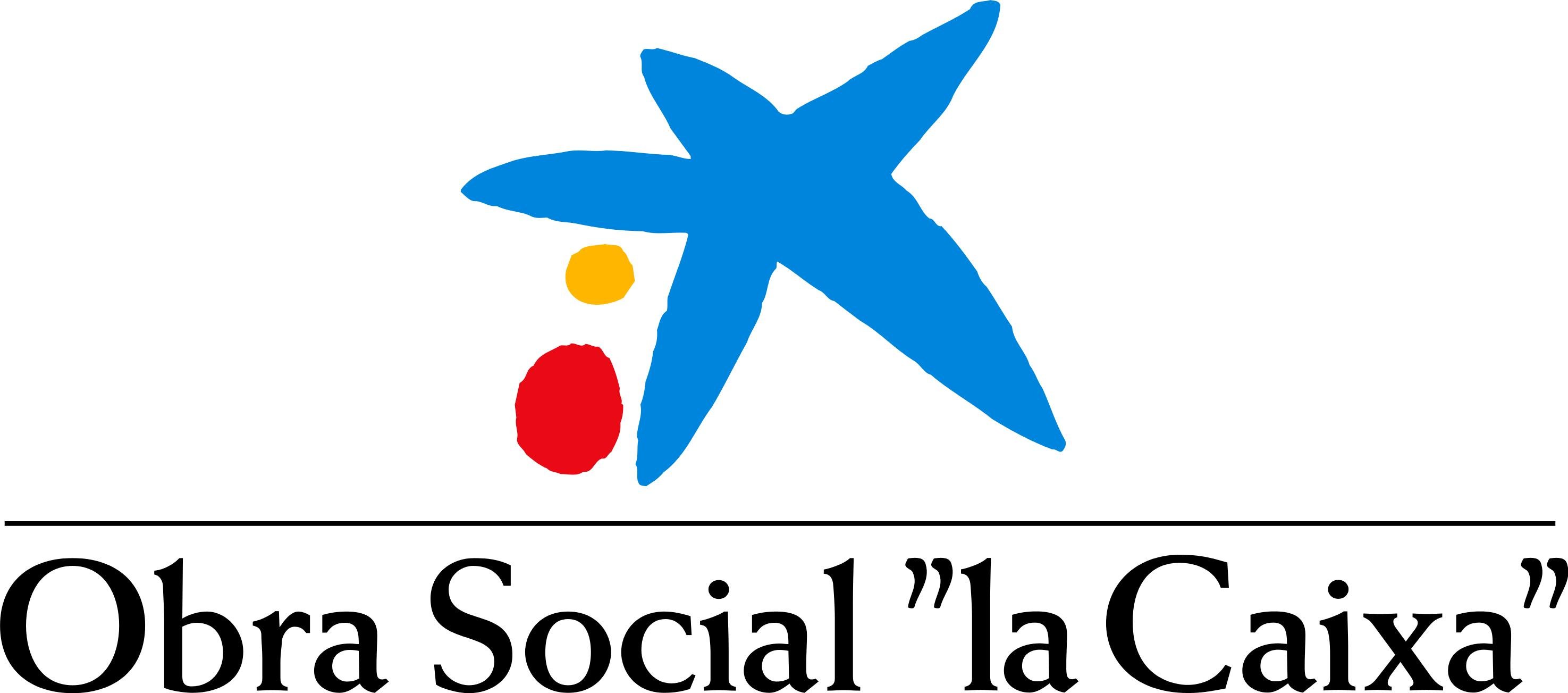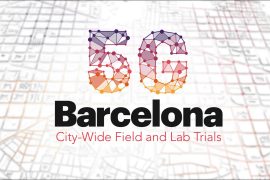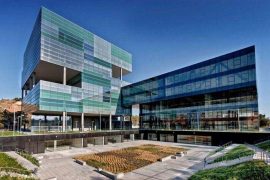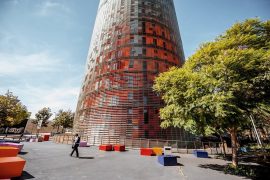Beatriz Pont’s talk at CosmoCaixa Barcelona on leadership in management teams was surely one of the few at which having your mobile in hand and tweeting wasn’t a sign of rudeness. Quite the contrary. Part of the series of conferences EduCaixa is hosting about the (R)evolution of education, it was a participative, digital afternoon, open to dialogue, about the education we need for the 21st century.
“Schools face the huge challenge of preparing students for skills we don’t know yet, for jobs that don’t yet exist,” explained this analyst with the Organisation for Economic Co-operation and Development (OECD). And recent studies show that school directors are key in achieving these goals, “As they are the ones who can create the right climate for teachers to teach well and students to learn better.”
Nevertheless, this climate can’t be created by snapping one’s fingers. It requires the director’s role to be completely rethought. “School management must be shared leadership,” says Beatriz. Meaning directors must go beyond administrative functions and work side-by-side with teachers, get involved in pedagogical processes and in establishing the academic curriculum, and help set shared goals.
“It is, for example, about looking for projects that get everyone at the school working together, not just each teacher in their room with their students.” And, in light of the results of the international study on teaching and learning from 2013, which shows that 90% of teachers in Spain don’t normally observe other teachers in class, it is also necessary “to throw open the classroom doors” and seek out multidisciplinary approaches, as well as “listening to the students, who are the ones who know best what works and what doesn’t.” In short, “to make education an educational process for which everyone involved shares responsibility.”
Nor can we forget that leaders aren’t born, they’re made. For this reason, Beatriz highlighted the importance of training directors specifically for the position, instead of just tapping the most senior teacher for the job, as often happens. And to do so, public policy has to come into play. “State governments,” explained Beatriz, “can define national training programmes, collaborate with local governments and structure initial training that is either voluntary or obligatory.”
“No school is an island,” concluded Beatriz, “and we have to work with government, with other centres, and with the world around us to create a learning community.” Because, in the 21st century, we have to make diversity a strength and stop shutting ourselves away in our own world. This is the only way we will be able to embrace the differences and erase the inequalities.
Ilkustration: Paola Villanueva
You can read more stories like this on ALMA, the social social media, a digital space devoted to the social field, which brings a new look at the present and the future of society, from an optimistic and diverse point of view, and from all the initiatives that “la Caixa” Foundation promote.






















